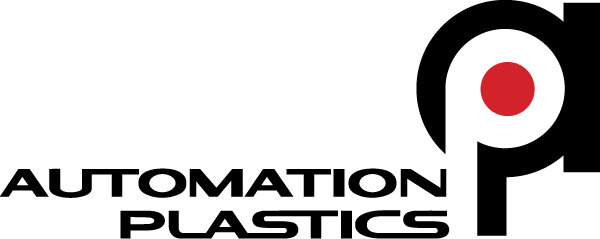Onshoring or Reshoring?
We can help.
Companies in a multitude of industries once struggled with whether to offshore manufacturing.
Offshoring came at great expense and tremendous risk, but the benefits over time appeared to justify the move – especially when the worker payroll disparity was a major part of manufacturing a specific high-labor product.
Fast forward, and many of those companies are now making the same calculations in the opposite direction as they consider reshoring manufacturing back to the United States. Here are topics to consider when reshoring:
Improved control over quality
Reshoring allows for better control over the quality of the molded parts, as the production and tooling are closer to the end-user. While quality can be challenging regardless of the region in which a product is made, it can be much easier to manage the quality of a supply chain when it is in the same region as a manufacturer.
Reduced lead time and shipping cost
Reshoring reduces the cost and time it takes to transport molded parts. One of the biggest risks in offshoring is the supply that is regularly in transit. If you discover a problem with a batch upon arrival, you now have a multi-week supply of products that have left the source and not yet arrived at your facility. Reshoring also allows for a faster response to changes in customer demand or production requirements.
Simplified and more effective management of supply chain
Inbound components that come from nearby suppliers can greatly increase the efficiency of all aspects of component sourcing. There are alignments on the major aspects of supply, including known transport systems, elimination of customs issues, tariffs and, generally, a much shorter delivery time.
Reduce facility management complications
Companies that have locations globally are aware of the challenges with even the most basic communications. When working with an offshore office, there are a variety of discrete costs, risks, and organizational fatigues associated with having a far-flung operational footprint including time zone gaps and language barriers.
Avoidance of taxes, tariffs and exchange risk
While it’s possible that the United States will sign fair trade deals with countries in the coming years, the current uncertainty is causing expensive disruption to global businesses. Reshoring reduces the risk associated with new tariffs and fluctuations in currency exchange rates.
Protection of intellectual property
Intellectual property is not protected globally the same way it is in the United States. While there’s no perfect system for protecting your unique and expensive design work, reshoring reduces the risk of intellectual property theft.
Proudly Made in the USA
Simply put, the Made in the USA logo has not meant more to those in the USA than it does today!
Job creation is a major contributor to the domestic economy. There is a current resurgence of the trades, which bodes well for the future of manufacturing in terms of the long-term workforce.
The elements that once made lower cost offshore wages irresistible have equalized, and public sentiment indicates a willingness to pay more for goods made at home. Not only that, but there are many buying agencies within the government with requirements to purchase products made in the United States.
We have decades of experience with transfer tool programs, re-engineering components, and new tooling launches. Let us help you succeed by supplying high quality products at a competitive price.
For information on how Automation Plastics can help you, please call us at 330 – 562-5148 or use our Contact — Automation Plastics Corporation

